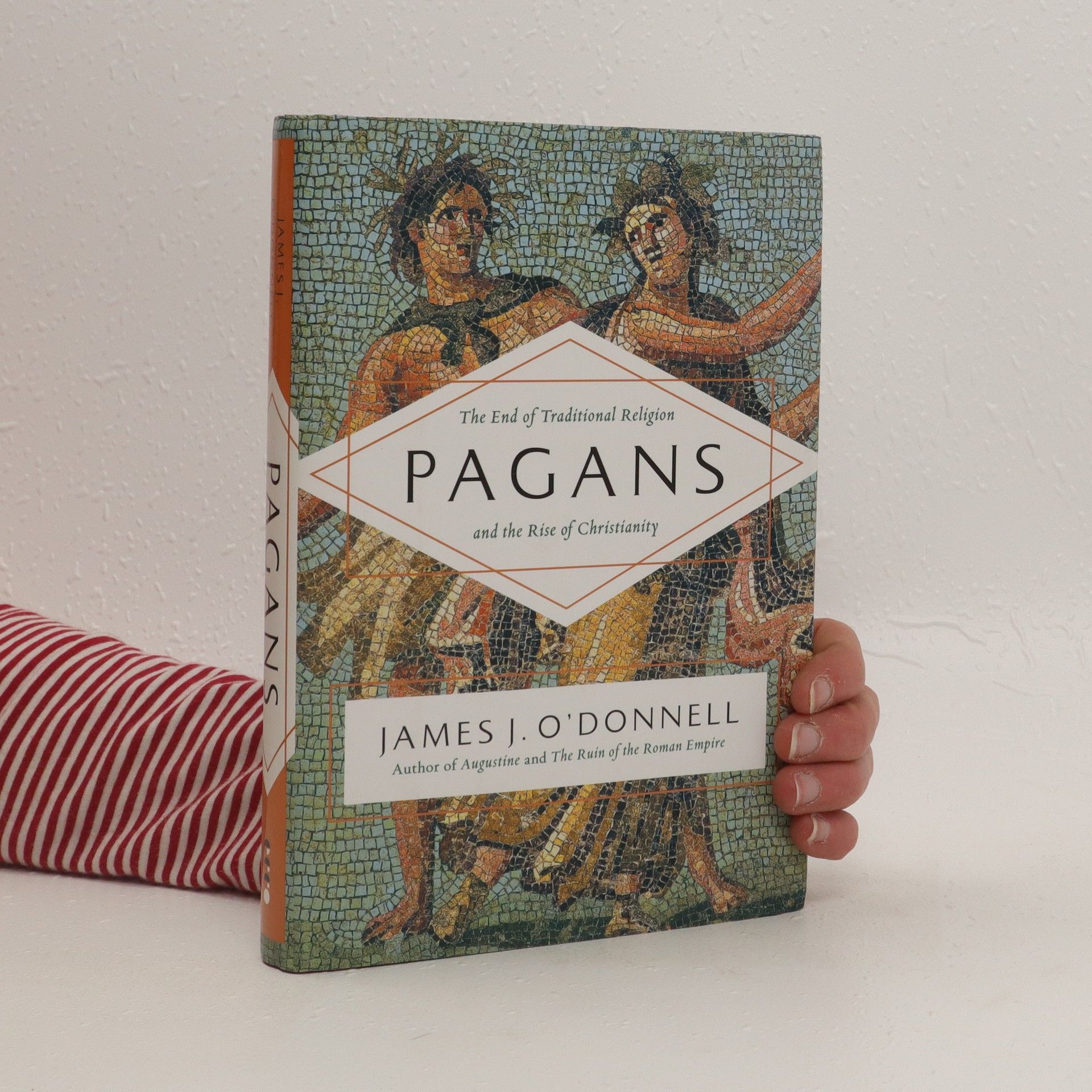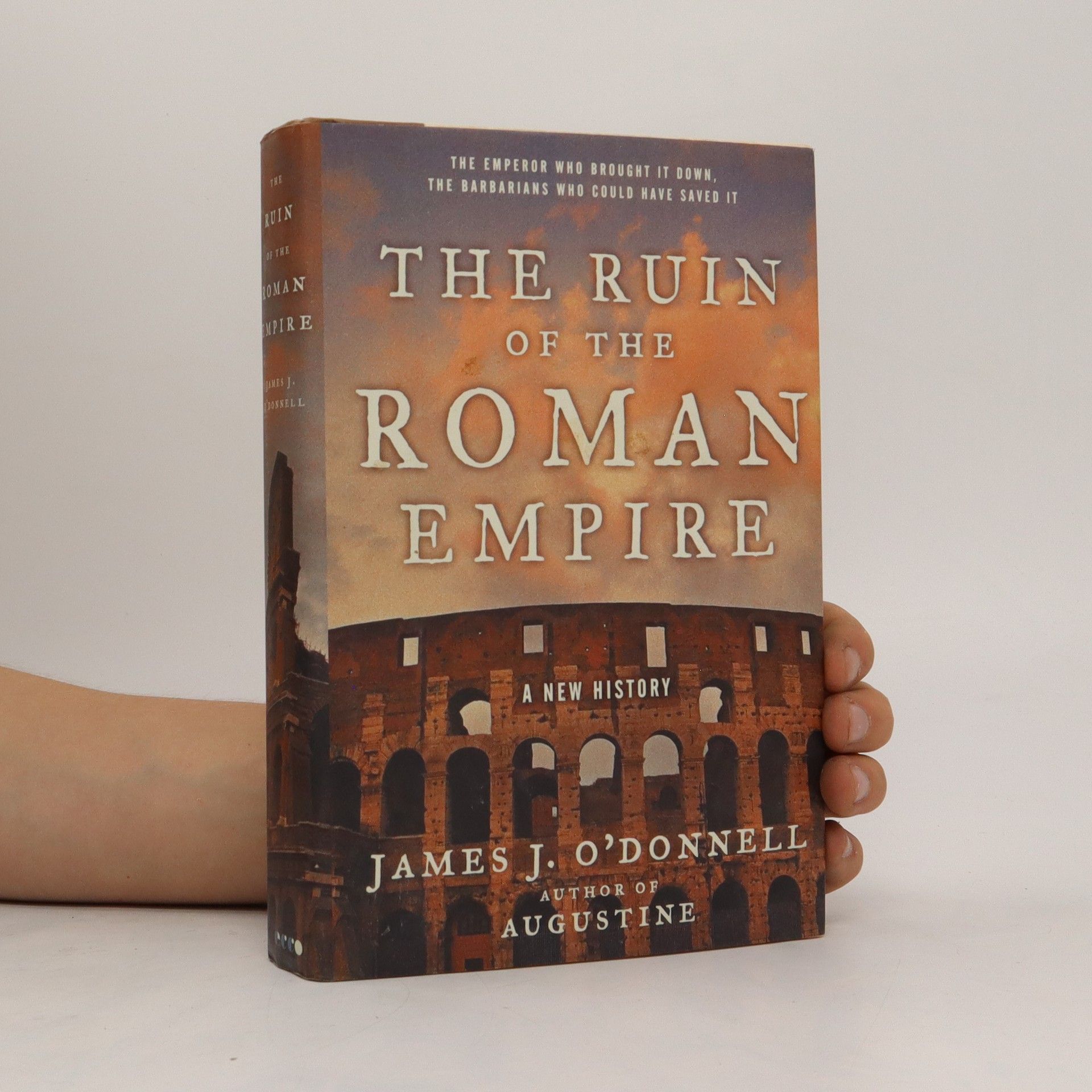The Ruin of the Roman Empire
- 436pagine
- 16 ore di lettura
Recounts the sixth-century events and circumstances that led to the fall of the Roman Empire.
James Joseph O'Donnell è un eminente studioso classico il cui lavoro approfondisce l'Impero Romano tardo e gli scritti di Agostino d'Ippona. Come bibliotecario universitario ed ex professore universitario, esplora a fondo l'intersezione tra la studiosa classica e la moderna tecnologia dell'informazione. La sua adozione precoce del World Wide Web per la collaborazione accademica nelle discipline umanistiche sottolinea il suo approccio innovativo alla diffusione della conoscenza. O'Donnell apporta una prospettiva unica al suo lavoro, fondendo profondità storica con una visione lungimirante del panorama accademico.


Recounts the sixth-century events and circumstances that led to the fall of the Roman Empire.
This provocative religious history examines the rise of Christianity from the perspective of traditional religions, focusing on those whose lives were disrupted by what they perceived as a powerful cult. The "pagans" in question—devout Greeks, Romans, Syrians, and Gauls—cherished their ancestral traditions and viewed Christians, who worshipped a single deity, as immoral atheists. Religious scholar James J. O’Donnell guides readers through the Ancient Roman world up to the fourth century CE, a time when diverse Romans faced constraints imposed by rulers favoring a new god. While some embraced Christianity, others dismissed it as a mere trend. O’Donnell vividly depicts various pagan rites and essential aspects of Roman life, presenting fresh insights into historical figures like Constantine, Julian, and Augustine. He delves into significant themes such as Rome versus the East, civilization versus barbarism, plurality versus unity, and the tension between rich and poor, as well as tradition versus innovation. This account challenges conventional narratives and offers a lively exploration of a transformative period in history.